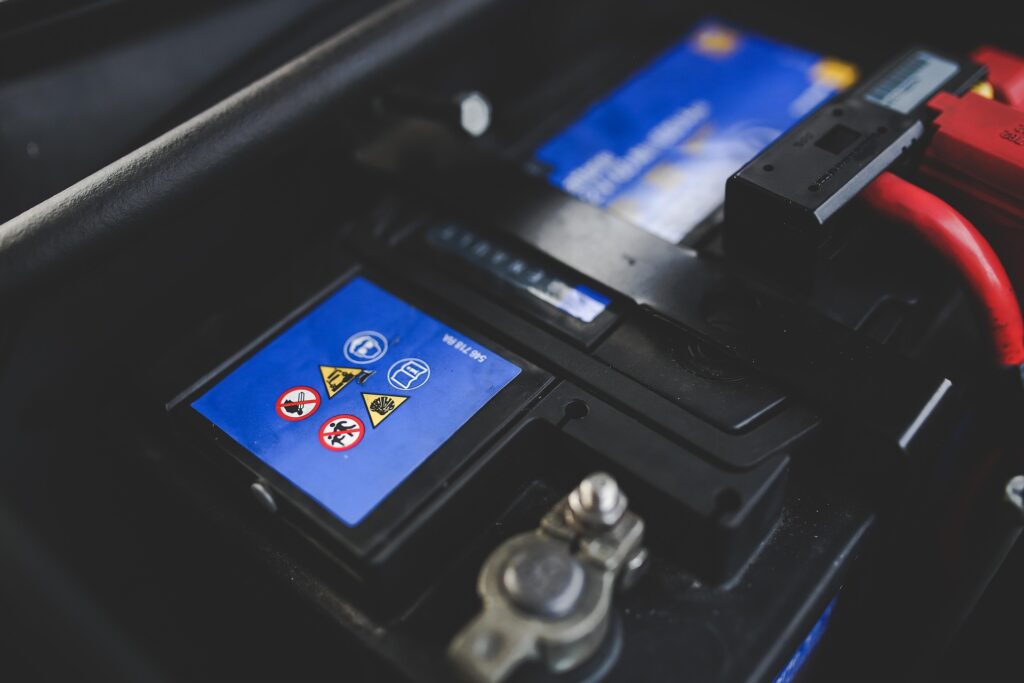Introduction: The New Era of Cardiovascular Health Predictions
Cardiovascular disease (CVD) is the leading cause of death worldwide, claiming over 17 million lives each year. Despite medical advancements, predicting heart failure and other cardiovascular events remains a challenge. Traditional risk assessments often fail to provide timely, accurate information for early intervention.
Enter artificial intelligence (AI). Researchers from Case Western Reserve University, University Hospitals, and Houston Methodist have partnered on a groundbreaking project funded by the National Institutes of Health (NIH). They have developed an AI-powered model that promises to revolutionize how we predict heart failure and cardiovascular events. This model aims to enhance early detection, enabling tailored preventative treatments that could save millions of lives.
Let’s explore how this AI model works, its potential impact on cardiovascular care, and what it means for the future of heart health.
Understanding the Problem: The Challenge of Cardiovascular Risk Prediction
For decades, doctors have relied on factors like cholesterol levels, blood pressure, smoking habits, and family history to assess the risk of heart disease. However, these factors don’t always accurately predict an individual’s risk. Many patients remain unaware of their elevated risk until it’s too late.
Traditional diagnostics such as stress tests or invasive procedures can be costly and uncomfortable. This highlights the need for a more efficient, non-invasive, and accurate method of predicting cardiovascular events.
The new AI-powered model addresses this challenge by leveraging advanced imaging techniques and machine learning algorithms to assess risk with greater precision.
The Breakthrough AI Model: How It Works
The AI model developed by researchers utilizes calcium-scoring CT scans to predict heart failure and cardiovascular events. This approach marks a major leap forward in how we assess cardiovascular risk.
1. Utilizing CT Scans for In-Depth Analysis
Calcium-scoring CT scans are commonly used to measure plaque buildup in arteries, a major indicator of heart disease. However, these scans also provide data on the heart’s shape, the aorta, liver, and other organs vital to cardiovascular health.
By analyzing this wealth of information, the AI model provides a comprehensive picture of an individual’s risk for heart failure and other cardiovascular events. It doesn’t just consider plaque buildup but also factors like organ health and body composition.
2. Integrating Clinical and Demographic Data
The AI model combines CT scan data with clinical history and demographic information such as age, gender, medical history, and lifestyle. By merging these data points, the model offers personalized risk predictions tailored to each individual.
This approach allows the AI to identify patterns that traditional methods might miss, helping doctors make more accurate, informed decisions about treatment.
3. Predicting Heart Events: The Key to Early Detection
A key advantage of the AI model is its ability to predict heart failure and cardiovascular events before they occur. The AI uses advanced algorithms to estimate the likelihood of events like heart attacks, strokes, or heart failure.
This early detection capability allows doctors to intervene sooner with treatments such as lifestyle changes, medications, or surgeries, reducing the risk of life-threatening events.
The Potential Impact on Cardiovascular Care
This AI-powered model could transform healthcare in multiple ways:
1. Non-Invasive and Scalable Solution
Unlike traditional diagnostics, which often require uncomfortable procedures, the AI model is non-invasive. It utilizes CT scans, a standard diagnostic tool in many healthcare facilities, making it easy to integrate into clinical workflows and accessible to more healthcare providers.
2. Personalized Prevention and Treatment Plans
The AI model enables personalized prevention strategies by offering a deep understanding of an individual’s unique risk factors. This allows doctors to create tailored treatment plans for more effective interventions. For example, if the model identifies a high risk of heart failure, doctors can recommend specific lifestyle changes and medications.
3. Reducing Healthcare Costs and Improving Efficiency
Early prediction of cardiovascular events can prevent costly hospitalizations, surgeries, and long-term care needs. Additionally, the model’s streamlined, non-invasive nature reduces the burden on healthcare professionals, allowing them to focus more on patient care.
4. Aiding in Research and Development
The data-driven approach of AI in cardiovascular risk assessment can also aid in medical research. By analyzing trends across large populations, AI can help identify new risk factors and improve existing treatment guidelines.
The Future of AI in Healthcare
This groundbreaking project is a prime example of how AI is reshaping healthcare. As AI and machine learning technologies evolve, more innovative solutions will emerge, improving patient outcomes and reducing costs.
In the future, AI-driven models could be expanded to detect other conditions, such as diabetes, neurological disorders, and cancer, creating a new standard for predictive medicine. AI-powered diagnostics could eventually become a routine part of check-ups, offering real-time health assessments with unparalleled accuracy.
This AI model, developed by Case Western Reserve University, University Hospitals, and Houston Methodist, holds great promise for transforming cardiovascular care and heart disease prevention.
Conclusion: A Bright Future for Heart Health
The AI-powered model from Case Western Reserve University, University Hospitals, and Houston Methodist represents a major step forward in cardiovascular care. With its ability to predict heart failure and other events with precision, this model could save millions of lives by enabling early intervention and personalized treatment.
As AI continues to evolve, its role in healthcare will expand, offering new hope for patients and providers. This project is just the beginning, and AI’s potential in healthcare is limitless.
FAQs
1. How accurate is the AI model in predicting heart failure?
The AI model is highly accurate in predicting heart failure and cardiovascular events. By analyzing CT scans alongside clinical and demographic data, it provides precise estimates of heart failure likelihood and timing. However, its effectiveness will improve as more data is gathered and algorithms refined.
2. Can this AI model replace traditional cardiovascular risk assessments?
No, the AI model is not a replacement for traditional assessments. It serves as a supplementary tool to enhance existing methods. By combining AI predictions with traditional risk factors, doctors can make more informed decisions about patient care.
3. Is the AI model available for use in all hospitals?
Currently, the AI model is still in development. Once refined, it is expected to be integrated into clinical workflows worldwide, thanks to its non-invasive nature and scalability.
4. What are the benefits of using AI in healthcare?
AI offers numerous benefits, including more accurate diagnoses, early disease detection, personalized treatment plans, and improved efficiency. By analyzing large data sets quickly, AI uncovers patterns that humans might miss, leading to better patient outcomes and reduced costs.
By harnessing the power of AI, we can move toward a future where heart disease is detected earlier, treated more effectively, and ultimately prevented.
Related Video
Watch this video for more details.



